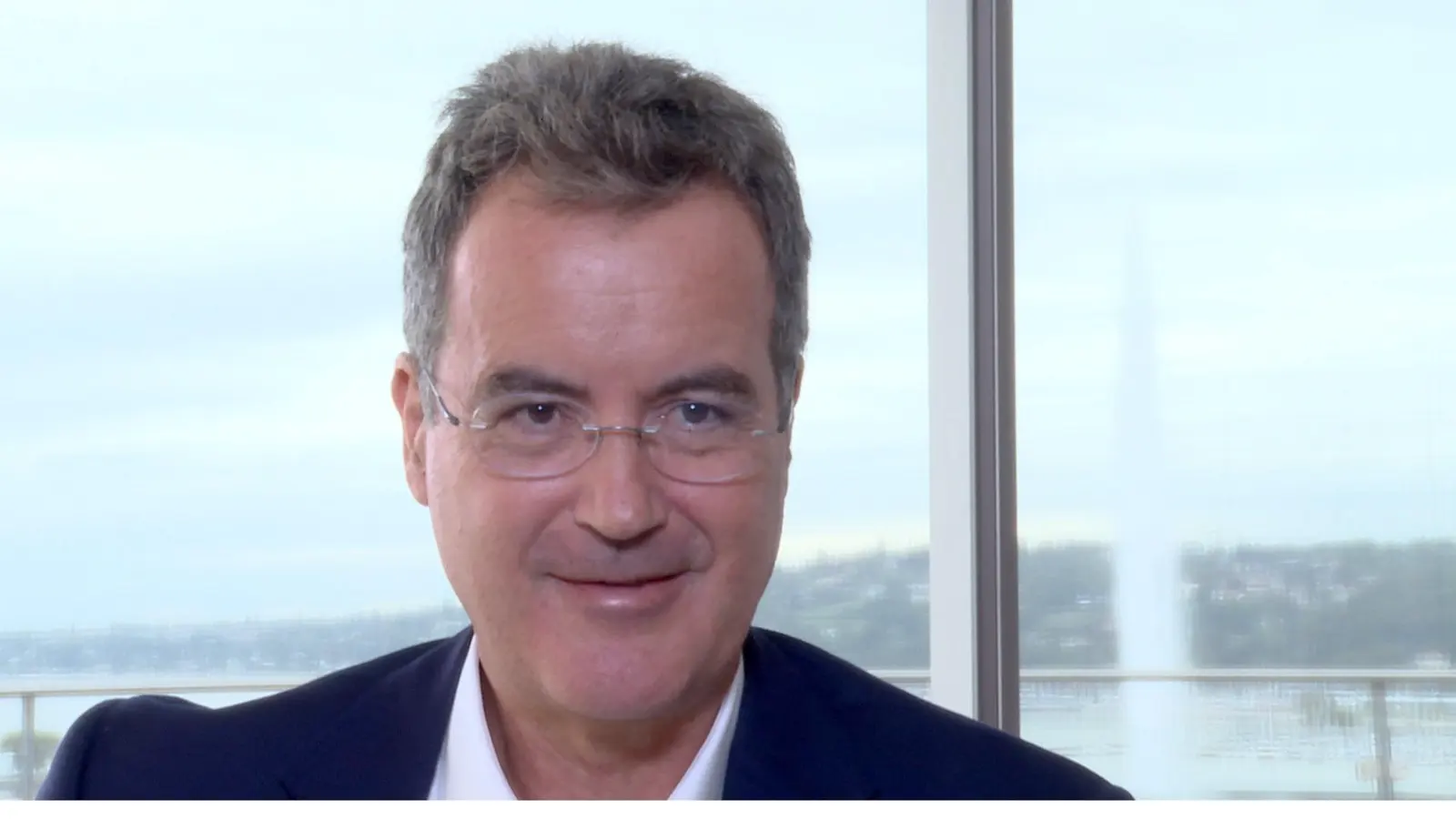Swiss commodities trading giant Mercuria is making a bold move into the metals market, positioning itself as a formidable competitor to industry leaders Trafigura and Glencore. Since launching its metals division in 2023, the company has aggressively expanded its trading activities, securing strategic supply agreements and investing in key mining operations. As global demand for critical metals surges, Mercuria’s entry into the sector marks a significant shift in the competitive landscape of metals trading.
Mercuria’s Strategic Expansion Mercuria, primarily known for its dominance in the energy sector, has set its sights on diversifying its portfolio by strengthening its foothold in the metals trading industry. The company’s key strategies include:
- Acquisition of Copper Supply Contracts: Mercuria has successfully secured a $200 million deal for copper supplies from Zambia’s Mopani mine, a crucial step in expanding its presence in African mining operations.
- Investment in Logistics and Infrastructure: To compete with Trafigura and Glencore, Mercuria is investing in storage, transport, and processing facilities to streamline its supply chain and reduce costs.
- Focus on Battery Metals: With the growing demand for electric vehicles and renewable energy technologies, Mercuria is prioritizing metals essential for battery production, such as lithium, nickel, and cobalt.
Competition with Trafigura and Glencore Trafigura and Glencore have long dominated the global metals trading market, leveraging their vast supply networks and established infrastructure. However, Mercuria’s aggressive push presents a challenge to their dominance in key areas:
- Market Share Disruption: By securing major supply deals, Mercuria is reducing Trafigura and Glencore’s control over critical metals.
- Diversification of Supply Chains: Unlike its rivals, Mercuria is actively sourcing from emerging markets and forming partnerships with new mining ventures.
- Innovative Trading Strategies: Mercuria’s approach involves leveraging digital technologies and AI-driven analytics to optimize trading decisions and minimize risk.
Global Demand for Metals and Economic Impact The demand for industrial and battery metals is rising due to:
- The Green Energy Transition: Nations are increasing investments in renewable energy and electric vehicles, requiring large quantities of metals such as copper, nickel, and cobalt.
- Geopolitical Supply Chain Shifts: Trade restrictions and geopolitical tensions are prompting countries to seek alternative sources for critical raw materials, benefiting trading companies like Mercuria.
- Rising Commodity Prices: The price surge of essential metals has made trading them increasingly profitable, encouraging Mercuria’s expansion into the market.
Regulatory and Environmental Challenges Despite its rapid growth, Mercuria faces several challenges in metals trading, including:
- Stricter Environmental Regulations: Governments worldwide are enforcing stricter policies on metal extraction and trade, requiring compliance with sustainability standards.
- Market Volatility: Fluctuations in metal prices and global economic uncertainty pose risks to large-scale trading operations.
- Competition with Established Players: While Mercuria is growing its market share, competing with giants like Trafigura and Glencore requires sustained investments and strategic alliances.

